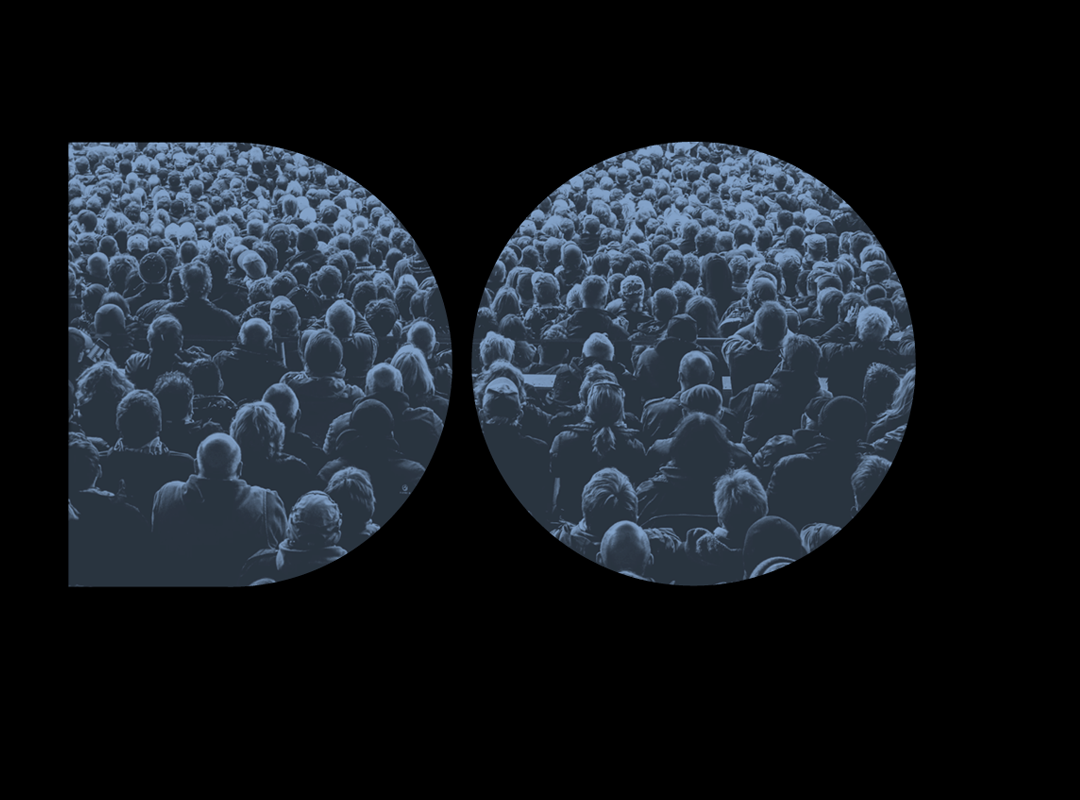
October 29, 2006
The G Word
Ten years from now, jokey newspaper articles about corporate follies will mention why the Chevy Nova didn’t sell in Latin America, the hilarity that ensued when company names (e.g., Pen Island) became URLs, and how Google waded into the mighty river of language one day and drowned.
Google has launched an effort to keep people from using their name as an all-purpose verb. According to Michael Krantz on the Google blog, they still think that saying something like “I googled it” is acceptable if it’s the alternative to “I looked it up on Google.” If you used some other search engine, however, “google” as a verb is “bad. Very, very bad,” writes Krantz. “You can only ‘Google’ on the Google search engine. If you absolutely must use one of our competitors, please feel free to ‘search’ on Yahoo or any other search engine.”
Pardon me if I don’t feel chastised for googling on yahoo. I’d rather celebrate and encourage the linguistic process that turns a name into a verb, and I think Google should too. Here’s why.
The meanings of words expand and contract all the time, and one feature of English that makes the language particularly rich is how one part of speech can easily be made into another: verbs become nouns, nouns become verbs, nouns become adjectives. To some this is a messy clusterfrot; to others, it’s a source of why English, and language in general, is productive and creative — and, some argue, one reason why English has such power as a global lingua franca.
So turning the names of software or websites into verbs is something that no one has to be taught to do. I’ve used “friendstered” and “facebooked” to refer to the process of looking up someone on those sites. No one told me to do this; I hadn’t heard it before. But my listeners grasped the neologism immediately. In fact, it’s a construction that “googling” has made possible, and once this door is open, it can’t be shut. So why does Google even want to try?
Part of the reason is that the verby “google” doesn’t challenge the brand as much as the use of the verb on other search engines.
I note that the official Google blog says that “google” as a verb is, actually, OK. (Thank you, Google lawyers.) But this signals how powerful this semantic extension is. (Notice, however, that no one says that they googled the refrigerator for something to eat, or googled the street before crossing. Thankfully, it has its limits.)
To protect its brand, Google should harness this power, not constrain it. They should encourage people to turn all those other brand names into verbs, too. Tell people to say “I yahoo!ed” (or however you’d punctuate that) or “I dogpiled.” Argue that specifying the search tool is, actually, salient information. Point out that we say “I forked the roast” but “I spooned the sauce.” Don’t want to be evil? Then don’t act as if you can win if you constrain the creative productivity of language.
It may be obvious that I’m reading Yochai Benkler’s The Wealth of Networks, which argues that proprietary models don’t fit contemporary information and culture production; you get more creativity, more production, and more value with non-proprietary models. I won’t summarize his points here, but it strikes me that Google has a sustainable, cheap resource in a certain non-proprietary solution called linguistic creativity. The only downside? You know what they say about idle intellectual property lawyers.
Michael Erard has written in The New York Times, Wired, Slate, and The New Republic about language at the intersection of technology, policy, law and science. He has an MA in linguistics and a PhD in English from the University of Texas. His book about verbal blundering, titled Um…, will be published by Pantheon in 2007.
Observed
View all
Observed
By Michael Erard
Related Posts

Innovation
Ashleigh Axios|Essays
Innovation needs a darker imagination

Business
Kim Devall|Essays
The most disruptive thing a brand can do is be human

AI Observer
Lee Moreau|Critique
The Wizards of AI are sad and lonely men

Business
Louisa Eunice|Essays
The afterlife of souvenirs: what survives between culture and commerce?
Related Posts

Innovation
Ashleigh Axios|Essays
Innovation needs a darker imagination

Business
Kim Devall|Essays
The most disruptive thing a brand can do is be human

AI Observer
Lee Moreau|Critique
The Wizards of AI are sad and lonely men

Business
Louisa Eunice|Essays

 Michael Erard is the author of
Michael Erard is the author of